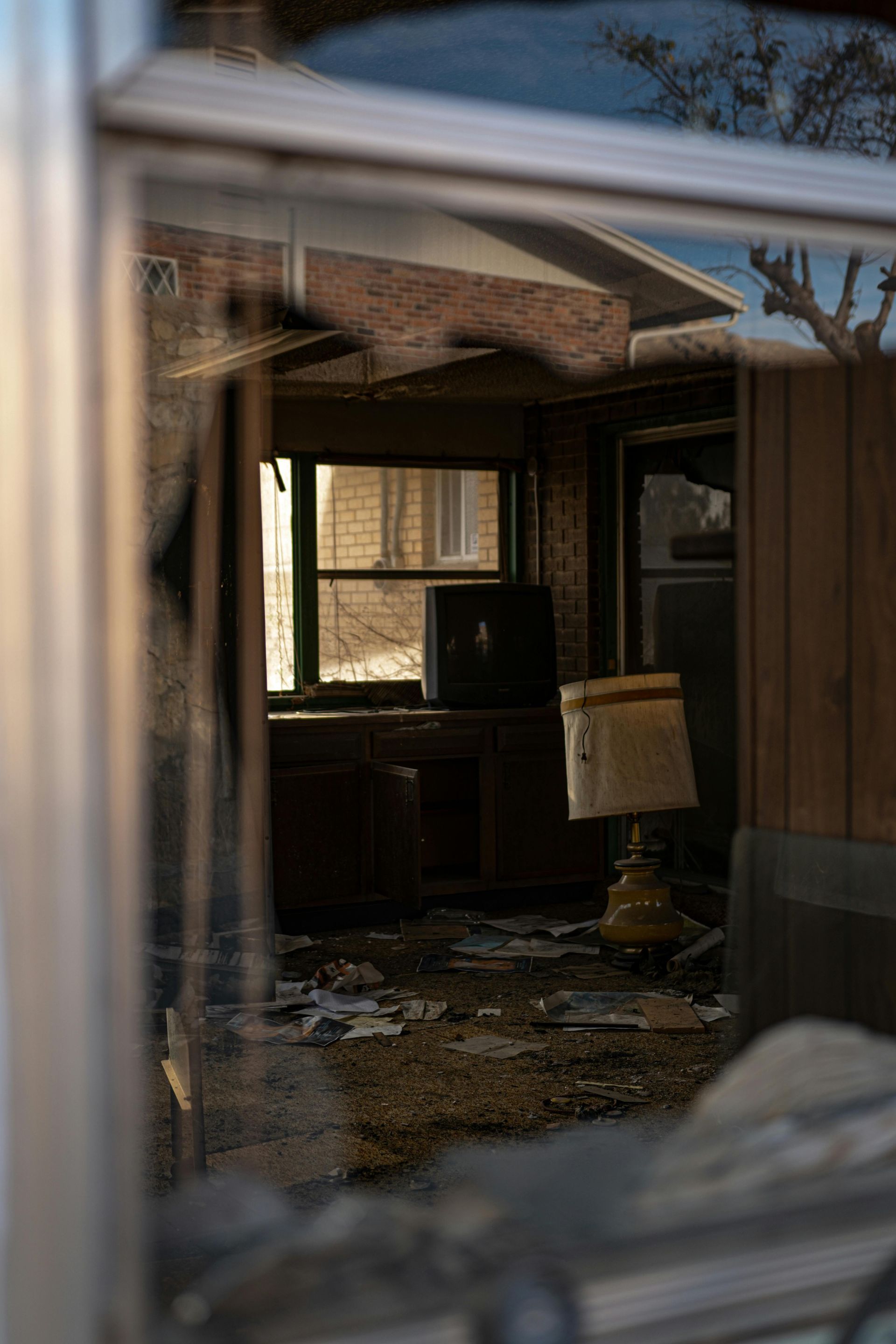October 31, 2024
When facing overwhelming debt, it’s essential to explore your options carefully. Two of the most common debt relief solutions are bankruptcy and debt settlement. Each offers distinct benefits and drawbacks, and choosing the right path depends on your financial situation, long-term goals, and specific types of debt. Let’s examine both bankruptcy and debt settlement to help you determine which approach may work best for you. What Is Bankruptcy? Bankruptcy is a legal process designed to help individuals eliminate or restructure their debts when they can no longer keep up with their financial obligations. There are two main types of bankruptcy for individuals: Chapter 7 Bankruptcy: Often referred to as “liquidation bankruptcy,” Chapter 7 allows individuals to discharge most of their unsecured debts, such as credit card balances and medical bills, by liquidating non-exempt assets. However, many people can protect essential assets like their home or car through exemptions. Chapter 13 Bankruptcy: Known as “reorganization bankruptcy,” Chapter 13 involves creating a structured repayment plan to pay off debts over three to five years. This option allows individuals to keep their property and pay down debts at a manageable pace. Both types of bankruptcy come with an automatic stay, which halts creditor actions like collections, lawsuits, and wage garnishments, providing immediate relief from financial pressures. What Is Debt Settlement? Debt settlement involves negotiating directly with creditors to reduce the amount owed. This process typically applies to unsecured debts such as credit card balances and medical bills. Here’s how it works: Negotiation with Creditors: Debt settlement companies, or sometimes individuals themselves, negotiate with creditors to agree on a reduced lump-sum payment. This is typically less than the total debt owed, and once paid, the debt is considered settled. Monthly Payments: Many debt settlement programs require individuals to make monthly payments into a dedicated account. Once enough funds accumulate, the settlement company negotiates with creditors for a reduced payoff. Fees and Timeframe: Debt settlement often takes two to four years and may involve fees to the settlement company. Additionally, not all creditors will agree to settle, and interest and fees can continue to accumulate during negotiations. Pros and Cons of Bankruptcy Bankruptcy can provide a fresh start, but it’s essential to weigh the benefits and potential downsides. Pros Elimination of Most Debts: Chapter 7 can discharge most unsecured debts, offering a clean slate. Immediate Relief: The automatic stay halts collection activities, which can provide immediate peace of mind. Legal Protections: Bankruptcy is overseen by a court, which adds legal structure and protections to the process. Rebuilding Credit: Though bankruptcy initially affects your credit, many people can start rebuilding their credit within a year of filing. Cons Impact on Credit Score: Chapter 7 remains on your credit report for ten years, and Chapter 13 for seven, which can impact future credit opportunities. Non-Dischargeable Debts: Some debts, such as student loans, child support, and recent taxes, are generally not dischargeable. Potential Asset Loss: In Chapter 7, certain non-exempt assets may be sold to pay creditors. Pros and Cons of Debt Settlement Debt settlement can be an alternative to bankruptcy, but it has its own advantages and challenges. Pros Avoids Court Process: Debt settlement is handled outside of court, which can be a quicker, less formal process. Debt Reduction: If successful, debt settlement can reduce the overall amount you owe, providing financial relief. Less Impact on Credit: While debt settlement does impact credit, it may be less severe than bankruptcy, particularly if debts are settled before going into collections. Cons Risk of Failure: Creditors are not obligated to agree to settlement terms, and some may refuse to settle. Fees and Taxes: Debt settlement companies charge fees, and forgiven debt may be taxed as income. No Immediate Relief: Unlike bankruptcy, debt settlement does not offer an automatic stay, meaning collection activities may continue during the process. Key Considerations for Choosing Between Bankruptcy and Debt Settlement Deciding between bankruptcy and debt settlement requires careful thought about your unique circumstances. Here are some factors to consider: Total Debt Load: If your debt is substantial and you cannot repay even a reduced amount, bankruptcy may be a more comprehensive solution. Types of Debt: Bankruptcy discharges most unsecured debts, while debt settlement applies primarily to unsecured debts and may not work for secured debts or certain non-dischargeable obligations. Future Financial Goals: If your priority is to recover quickly and rebuild your credit, you may prefer Chapter 7 bankruptcy for its ability to eliminate debts rapidly. If you want to avoid the long-term impact on credit, debt settlement may be preferable. Monthly Income and Assets: If you have a regular income and significant assets you wish to keep, Chapter 13 bankruptcy allows for debt reorganization while protecting property. If income is limited, Chapter 7 may offer more immediate relief without repayment. Consult with a Financial Professional Choosing between bankruptcy and debt settlement is a highly personal decision with lasting impacts on your financial future. Speaking with a bankruptcy attorney or financial advisor can provide clarity on your options, helping you assess which solution aligns best with your situation and goals. Both options can help you get out from under overwhelming debt. Whether you pursue debt settlement or bankruptcy, each pathway can be a powerful step toward financial stability and a brighter future.










